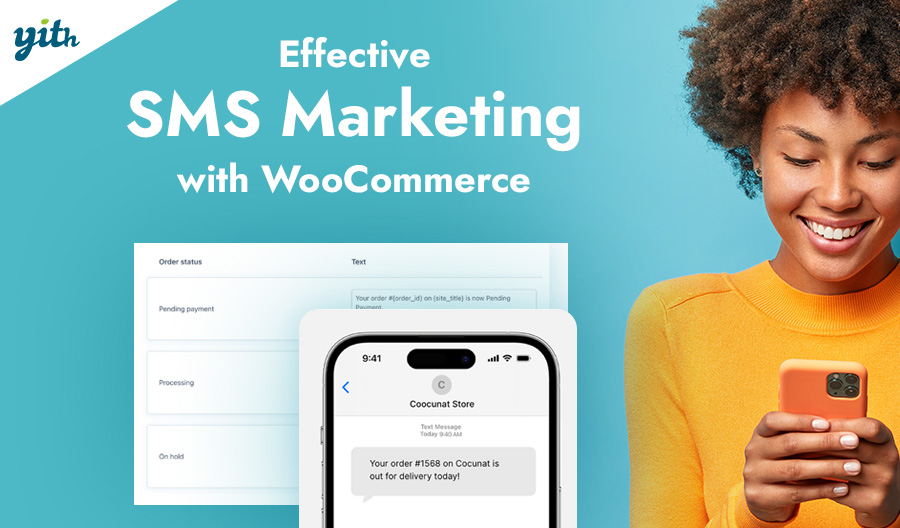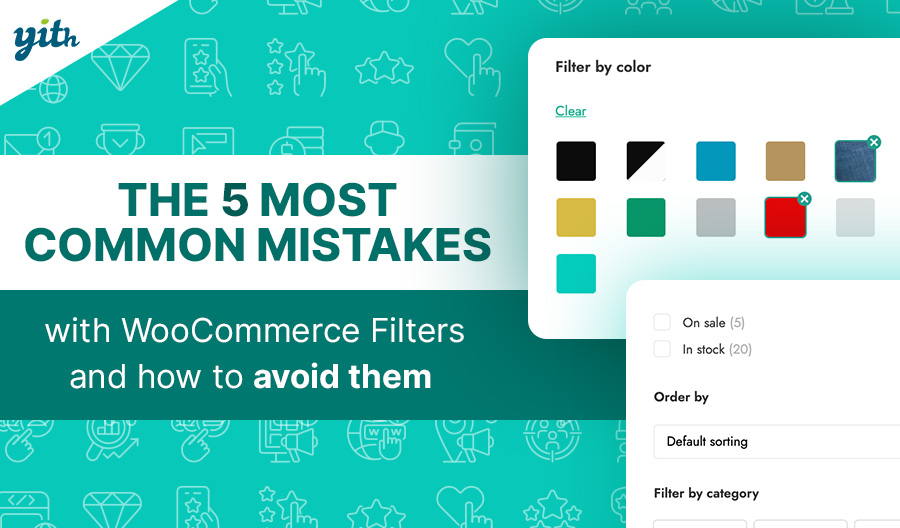The line between hobby and profitable business has never been more blurred than it is now, thanks to how quick and easy it is to create eCommerce websites. We’ve heard the saying, “Do what you love and you’ll never work a day in your life,” so why not turn your hobby into a full-time job? Why not get a financial return from the hobby you are already passionate about?
Throughout this article, we will look into exactly that: what it takes to turn a hobby into a business, how to determine if your hobby has the potential to change, and how to create a business plan to make money from your own business.
Let’s start by understanding why you should be doing this.
Table of contents

Why monetize your passion
Of course, not all passions can be financially rewarding (although that’s not necessarily true even with social media systems like a YouTube channel, TikTok, or Twitch), but so many activities we do every day for our own enjoyment have hidden potential.
Think of cooking, photography, or gardening as having different hobby businesses. Cooking, for example, can be monetized directly by working as a cook, or indirectly by selling cookbooks or online courses. The same applies to thousands of other hobbies.
In general, there is potential in turning a passion into products or services because you will be more motivated to pursue your business seriously and consistently if you do not experience it as a burdensome commitment.
What’s more, this kind of work is associated with a sense of personal fulfillment and it also improves your quality of life.
Finally, if you struggle to fit into the canon of the classic 9-5 job, running your own business where you are accountable to no one can be extremely rewarding. Whether it becomes your primary source of income or just helps you get extra money to pay the bills at the end of the month.
Also, remember that you don’t need to invest a lot of time and money to get started, so you will not be taking significant risks and giving up your main income before you see the results of your business plan.
So let’s see what steps you need to take to get the most out of your hobby, all starting with a website.

First steps for starting your online business
Many people start monetizing their hobby using platforms like Etsy. These are definitely useful, but they become a limitation as your business grows. This is why we recommend creating your own website, as the costs are very low today and you can always expand its resources later.
This is important not only when you decide to do it alone, but also in the early stages. Having a website will allow you to:
- Have greater authority and credibility.
- Reach customers directly without paying commission to platforms.
- Make money with alternatives such as Google AdSense.
But what do you need to start your own online store? Let’s explore it together.

Choosing a name and buying the domain
First, you will need to brainstorm to decide on the name of your business and, consequently, the domain that will be used for your site. Here are some tips on how to do that:
- Consider your niche and your target audience. Their needs can help you not only in choosing a name and domain but also in creating content on your site.
- Search for key terms to improve your online presence and increase your portal’s ranking in search results.
- Choose a short and memorable name for your business. Long or complicated names (and domains) can be forgotten or confused by potential customers. Look at market leaders like eBay, Apple, and Etsy for inspiration — their names are concise and easy to remember.
- Choose a unique name that is not copyrighted and consider using a .com domain, if available, to increase customer confidence.
- Think long-term: you won’t be able to easily change this name later, especially if your customers recognize you with a specific domain. Also, check for availability on social media and ensure there is no room for customers to confuse you with another similar portal.
Once you have narrowed down the selection of names, proceed to purchase the domain. You can do this separately or as part of the hosting purchase process, as we will see later.

Choosing a hosting provider
At this point, you need to choose the platform on which to build your site. What should you keep in mind?
- Good reviews – Choose a trustworthy and well-known service in the market.
- Cheap options – It’s advised to go for a less expensive choice at the start and consider upgrading later.
- Dedicated plans for WordPress and WooCommerce – This platform is perfect for beginners who want to create an online business quickly and easily. As we’ll see below, it’s the ideal choice.
In this regard, we suggest reading our blog post to find the best hosting companies for building a website with WordPress/WooCommerce.

Creating your online store with WooCommerce
WordPress is a CMS (Content Management System) that lets you create a portal in no time thanks to its simple interface. It doesn’t cost anything, which is great for new businesses that are still figuring things out.
WordPress lets you make a basic website and works great for blogs. With a free plugin, it can easily turn into a complete eCommerce platform.
This plugin is WooCommerce. That is why we recommend that you start using both of these tools right away. You can start by setting up a blog where customers can learn about your products before setting up your online store to sell them.
Once again, we suggest you read our article on how to create an online store using WordPress and WooCommerce.
Installing WordPress and WooCommerce
The setup for both is very simple. Starting with WordPress: you might have to log into your control panel and manually install the application in the worst-case scenario. However, in most cases, it gets automatically installed during the purchase process from your hosting provider.
Installing WooCommerce is even easier than you think. First, go to the Plugins section and search for “WooCommerce”, then click “Install.”

We won’t go over how to set up the site as the articles we previously mentioned are enough to guide you.

How to turn your hobby into a business
Before starting a website, it’s important to have a solid and viable business plan. This means outlining your vision for the business you plan to create, so you’ll have all the tools you need for the next phase.
To move from a recreational activity to something more advanced, we suggest the following steps.
Define your goals
From a business perspective, one of the most important steps is to identify your short-, medium-, and long-term goals. This is because you need measurable goals to understand how your business is performing.
“Get rich doing my hobby” is not a good goal. It may be an aspiration, but it is difficult to quantify the progress you are making on your journey.
For this reason, we suggest using a SMART (Specific, Measurable, Achievable, Relevant, and Time-Bound) approach to create a series of steps.
With that said, the goals you create should be:
- Clear and specific, not general or abstract. Something tangible to be accomplished over time.
- Measurable, which means you should be able to track and compare it. These are all metrics that can be accurately analyzed, such as the number of orders, revenue, number of site visits, etc.
- Achievable. Staying grounded is important when it comes to evolving your business. That’s why it’s okay to dream, but it shouldn’t get in the way of a rational approach to your business.
- Relevant. Make these goals related to your business and not extra elements that may more or less be affected by your work.
- Time-defined. A good goal must have an expiration date, a consistent time limit that allows you to understand whether or not your approach needs to be adjusted.
This stage is very important and can be adjusted over time, so make sure to focus on it.

Market research and business model identification
After identifying your goals, it is crucial to create a successful business model and conduct market research.
We’ll talk about the model later, but let’s focus on what to look for in the market you’ll be operating in.
First of all, it is a good idea to watch your competitors, because identifying their strengths and weaknesses, as well as their product or service offerings, can help you build your business.
It is also important to have an understanding of where you can do things differently and how you can differentiate yourself in the marketplace.
In addition to the competition, you also need to look at your potential customers to understand what their wants, needs, and problems are. A product or service is designed to meet a particular need, so this analysis is crucial.
It’s essential you make sure you understand your target audience: a business for children will be very different from a business for adults.

Choose the right business model
- Selling products, such as stock photos, postcards, and more.
- Selling services, such as photographs at events like weddings or portraits.
- Selling ideas, such as photography courses.
See what kind of impact your hobby can have and decide which one you want to follow for your business model.

Test your idea
Before taking a leap of faith, we recommend you gather feedback and do some market testing. The first step is usually to involve friends and family, but it is important to understand which feedback is realistic and which is conditioned by things like the affection of your loved ones.
Creating online surveys, prototyping products and services that can be offered to a small audience, and analyzing the competition will allow you to get a better picture before investing lots of energy or money in a particular direction.
Always keep in mind that you can start as a small business and grow over time.

Conclusion
Turning a hobby into a full-time business is a dream that many people have, and today more and more enthusiasts are achieving their goal. Of course, this requires a period of analysis and a rational approach, but creating your own website to experiment with is a great help for all kinds of hobbies.
Give it a try and see where it takes you — some of the most successful businesses have had a similar start!



